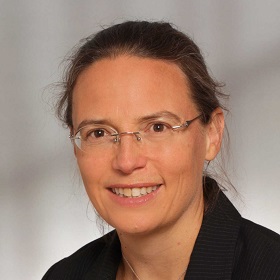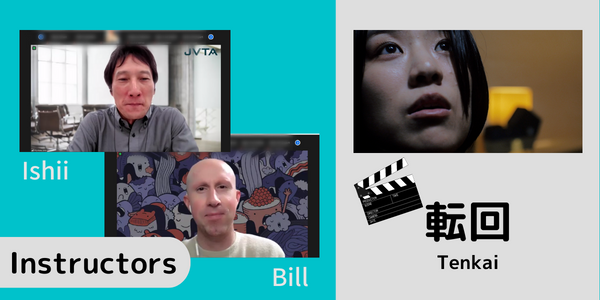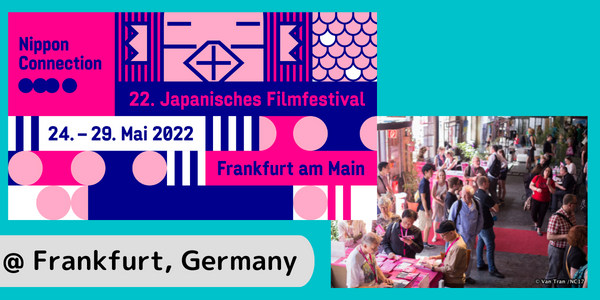In April, GUSP's online classes started at Heinrich Heine University. The film the students created English subtitles for is VOLTE-FACE (directed by Takeshi Iwasaki), which won the PFF Award 2021 Jury's Special Prize. It is a short film about three young people connected by a common interest in artistic creation. The 30 students were divided into five groups to create English subtitles for the 14-minute film. The students communicated with the groups in charge of scenes before and after their own scenes when writing subtitles to ensure consistency.
The students, who were attempting visual media translation for the first time, had a hard time choosing the right words to match the characters and scenes. For example, the line "微妙?" appears in a conversation between two main characters. At first, the students translated it as "Not good?" but there is always more than just one possibility for a translation. There are many variations, such as "Not great?" and "Not bad?". The most challenging part of visual media translation is choosing the most appropriate translation based on understanding the scene and the relationships between the characters.
"When I was reviewing the subtitles, new ideas came to me, and I revised the phrases I was using repeatedly. In visual media translation, there is no ‘100% correct answer’. It was tough to capture the nuances to translate well". (Student, Heinrich Heine University)
After four classes, VOLTE-FACE was finally unveiled at Nippon Connection on May 27th with English subtitles. Two students from Heinrich Heine University participated in the festival and watched the film they created subtitles for with their friends.
"I was thrilled that so many people were able to see VOLTE-FACE and I was very proud when the film showed our names in the ending credits. I would like to use my experience at GUSP to try my hand at subtitling Japanese TV dramas and anime". (Student, Heinrich Heine University)
Through GUSP, students were able to experience subtitle creation for two months. Nippon Connection, launched 22 years ago by just two university students, is still supported today by many students who share the same love of Japan.
・JVTA Meets PIA Film Festival: Shorts


